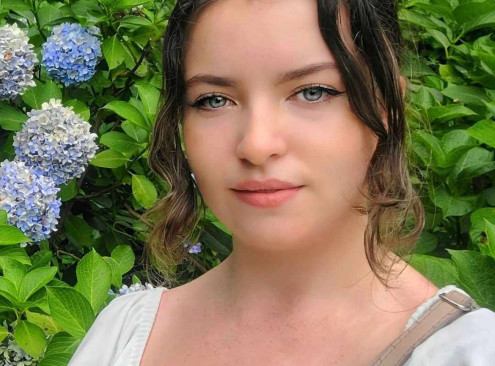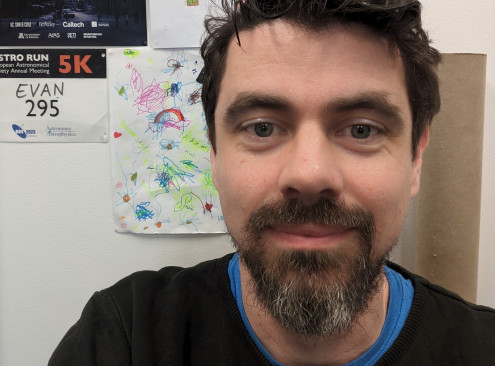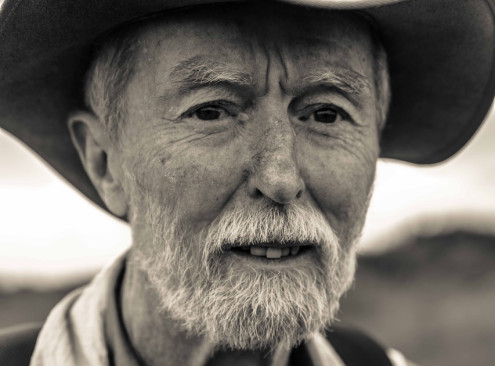© Pint of Science, 2024. All rights reserved.
Have you ever wondered if caffeine could truly be therapeutic for your brain? Are you curious about how telescopes are built and how they are used as tools to unravel mysteries of our universe? If yes, then join us at 7pm at the Chestnut Bar!
Caffeine as a therapeutic option for Alzheimer's disease
Aoife Troy (She/her)
(Postgraduate Student, University of Galway)
Alzheimer’s disease affects millions of people worldwide and is the most common subtype of dementia. Mounting evidence in animal research suggests that dietary caffeine intake may exert some beneficial effects in reducing dementia risk. However current clinical studies have conflicting conclusions. My study will consider confounding factors that are inherent to all epidemiological studies (e.g. age, sex, education, socioeconomic status, BMI, etc) to consider any variables associated with cognition and dementia risk. With limited approved medication options for Alzheimer's disease, could it be more feasible to delay the onset by dietary interventions or nutraceuticals such as caffeine?

Terrestrial Interference
Evan Keane (He/him)
(Director of the Rosse Observatory, Trinity College Dublin)
I search for explosions in space using the world's most powerful telescopes. However my day-to-day concerns are often more Earthly. My telescopes could detect a mobile phone on Neptune - what happens if somebody brings one considerably closer than that? How do we see through the haze of 5G, computers, electric fences, car ignitions, air traffic control, satellites ... I will describe some of the detective work that is done and describe an interesting and unexpected discovery.

The Rainforest On Our Doorstep
John Feehan
(Professor, University College Dublin)
For most of us, our experience of the wonders of the natural world is confined to our screens, often conveyed to us in the soothing tones of David Attenborough. But it’s closer than you think!

Map data © OpenStreetMap contributors.

